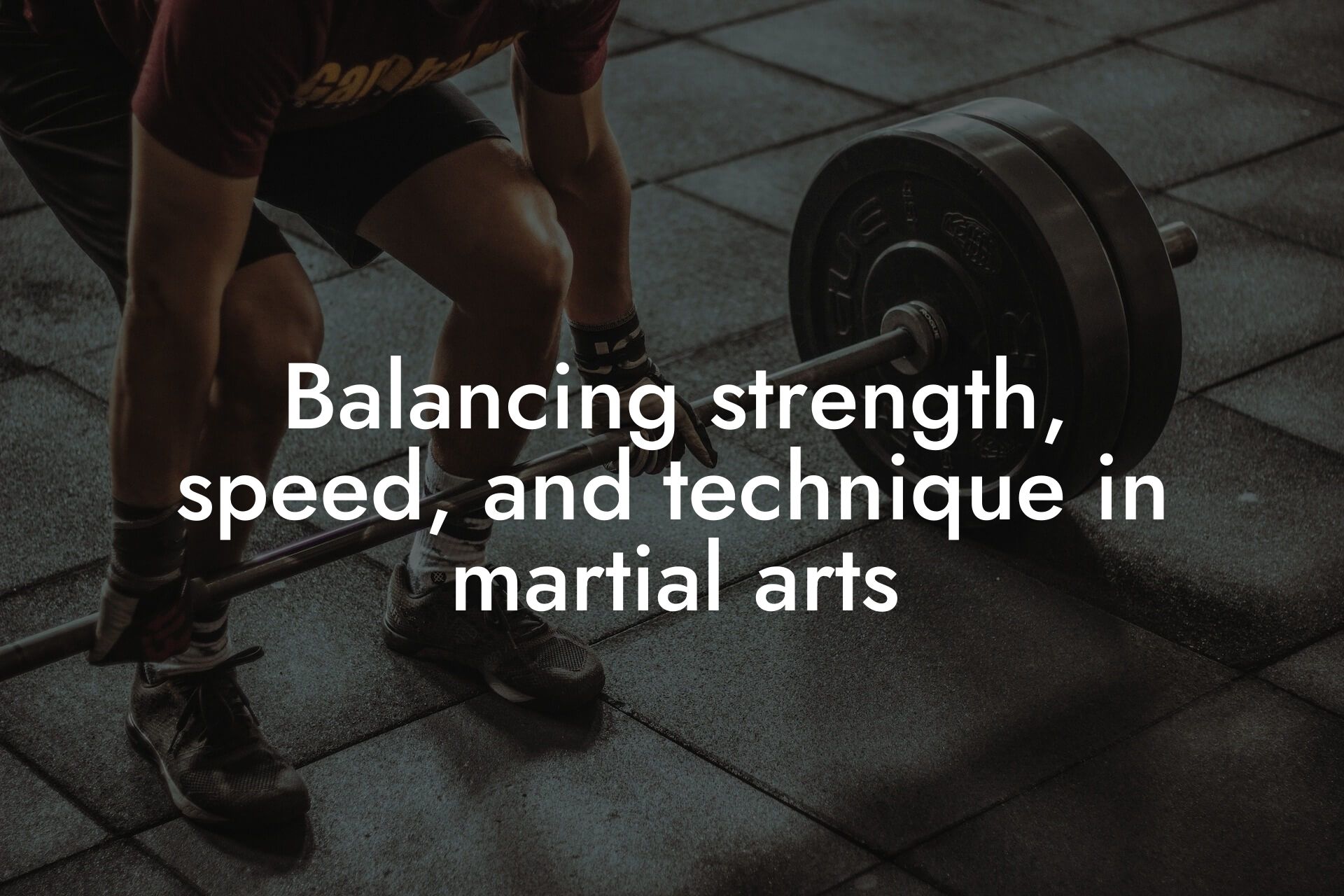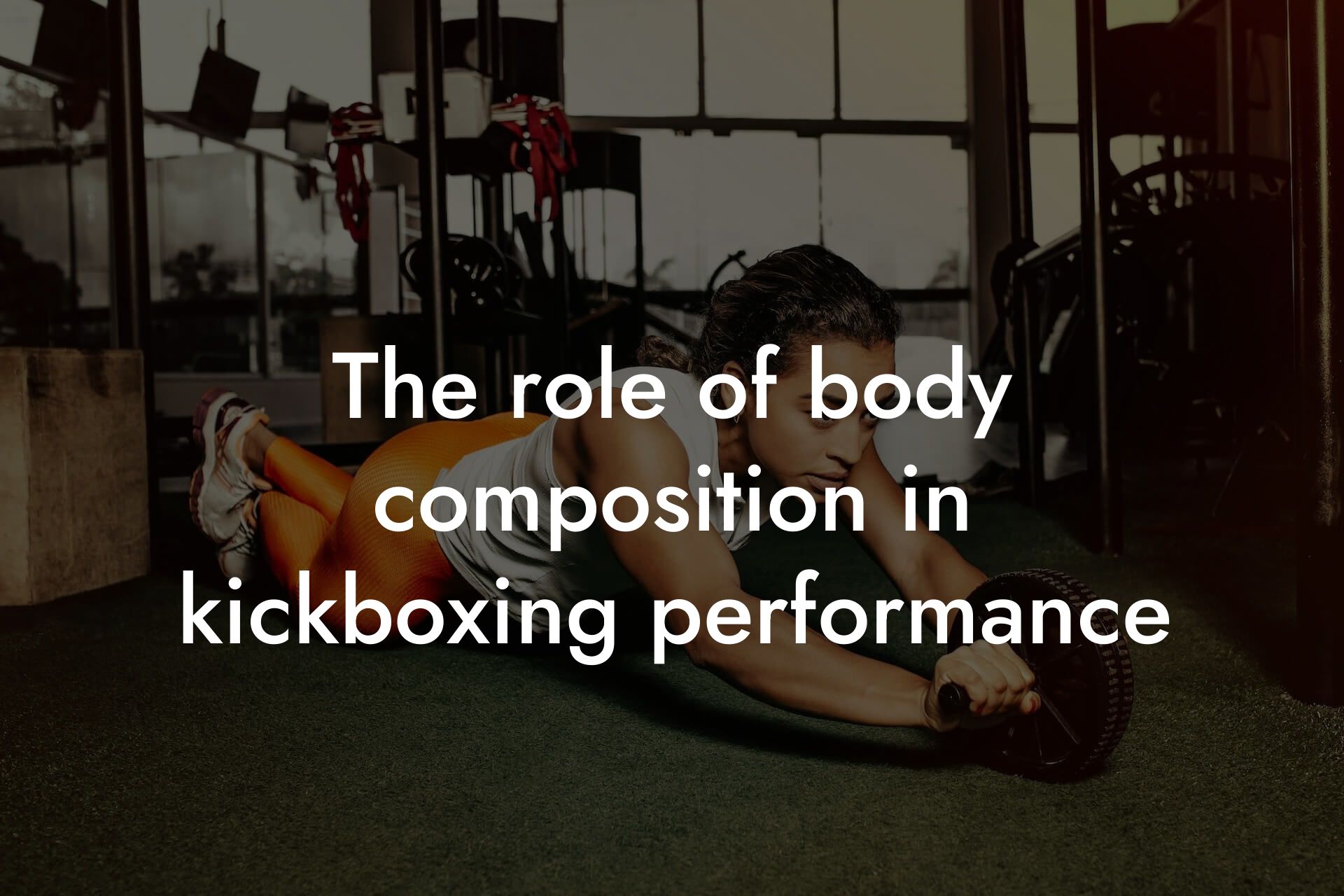As a martial artist, you're likely no stranger to the physical demands of your sport. From intense training sessions to high-impact sparring, martial arts can take a toll on your body. One crucial aspect of injury prevention that's often overlooked is bone density. In this article, we'll delve into the importance of bone density in martial arts, how it affects injury risk, and what you can do to maintain strong bones and prevent injuries.
Table of Contents
What is Bone Density?
Bone density refers to the amount of minerals, such as calcium and phosphorus, present in your bones. It's a measure of how strong and dense your bones are. Peak bone density is typically reached in early adulthood, around the age of 30. After that, bone density gradually declines with age, making bones more prone to fractures and osteoporosis.
Why is Bone Density Important in Martial Arts?
In martial arts, bone density plays a critical role in injury prevention. When you engage in high-impact activities like kicking, punching, and falling, your bones are subjected to significant stress. If your bones are weak or brittle, you're more likely to suffer fractures, breaks, or osteoporosis. Strong bones, on the other hand, can withstand the physical demands of martial arts, reducing your risk of injury.
How Does Bone Density Affect Injury Risk?
Low bone density increases your risk of injury in several ways:
- Weakened bones are more susceptible to fractures and breaks, which can occur even with minor trauma.
- Osteoporosis, a condition characterized by brittle bones, can lead to compression fractures, particularly in the spine.
- Weak bones can also contribute to joint instability, making you more prone to injuries like sprains and strains.
- In martial arts, where falls and impacts are common, low bone density can increase your risk of severe injuries, such as hip fractures or vertebral compression fractures.
Risk Factors for Low Bone Density in Martial Arts
Certain factors can increase your risk of low bone density in martial arts:
- Age: As you get older, your bone density naturally declines.
- Gender: Women, particularly those who are postmenopausal, are at higher risk of osteoporosis and low bone density.
- Genetics: A family history of osteoporosis or low bone density can increase your risk.
- Nutrition: A diet lacking essential nutrients like calcium and vitamin D can contribute to low bone density.
- Training habits: Inadequate warm-ups, poor technique, and excessive training can put excessive stress on your bones.
How to Maintain Strong Bones in Martial Arts
To maintain strong bones and prevent injuries in martial arts, follow these tips:
- Engage in weight-bearing exercises: Activities like weightlifting, jumping, and running can help strengthen your bones.
- Incorporate bone-strengthening exercises: Exercises that target your core, legs, and hips, such as squats and lunges, can help improve bone density.
- Eat a bone-healthy diet: Focus on consuming calcium-rich foods like dairy, leafy greens, and fortified plant-based milk. Vitamin D, found in fatty fish, egg yolks, and fortified cereals, is also essential for bone health.
- Get enough sleep: Adequate sleep is crucial for bone health, as it allows your body to repair and rebuild bone tissue.
- Manage your training: Avoid overtraining, and incorporate rest days and cross-training to reduce the risk of overuse injuries.
DEXA Scans: The Gold Standard for Bone Density Measurement
At Tano Performance Group, we understand the importance of bone density in martial arts. That's why we offer DEXA (Dual-Energy X-ray Absorptiometry) scans as part of our comprehensive body assessment. DEXA scans are the gold standard for measuring bone density, providing accurate and precise results. By analyzing your bone density, we can help you identify areas for improvement and develop a personalized training plan to optimize your bone health and reduce your risk of injury.
Bone density plays a critical role in injury prevention in martial arts. By understanding the importance of bone density, identifying risk factors, and taking proactive steps to maintain strong bones, you can reduce your risk of injury and optimize your performance. At Tano Performance Group, we're committed to helping high-earning professionals like you achieve their physical goals and maintain peak performance. Contact us today to learn more about our DEXA scans and comprehensive body assessments.
Frequently Asked Questions
What is bone density and why is it important in martial arts?
Bone density refers to the measure of how dense and strong your bones are. In martial arts, having optimal bone density is crucial as it helps prevent injuries, particularly fractures and osteoporosis. Strong bones can absorb the impact of falls, kicks, and punches, reducing the risk of breaks and cracks.
How does martial arts training affect bone density?
Martial arts training can have both positive and negative effects on bone density. On the one hand, weight-bearing exercises and high-impact activities can stimulate bone growth and increase density. On the other hand, repetitive stress and overtraining can lead to bone loss and decreased density.
What are the risks of low bone density in martial arts?
Low bone density increases the risk of fractures, osteoporosis, and other bone-related injuries in martial arts. This can lead to prolonged recovery times, decreased performance, and even forced retirement from the sport.
How can I improve my bone density for martial arts?
Improving bone density requires a combination of proper nutrition, exercise, and lifestyle habits. Focus on consuming calcium-rich foods, engaging in weight-bearing exercises, and incorporating resistance training into your routine. Additionally, get enough sleep, manage stress, and avoid smoking and excessive alcohol consumption.
What are the best exercises for improving bone density in martial arts?
Exercises that involve weight-bearing, high-impact, and resistance training are ideal for improving bone density. Examples include squats, lunges, deadlifts, and plyometric exercises like jump squats and box jumps. Additionally, incorporate martial arts-specific exercises like kicking and punching drills.
How often should I train to improve my bone density?
Aim to train at least 2-3 times per week, with a focus on progressive overload and gradual increases in intensity and volume. This will help stimulate bone growth and density without putting excessive stress on your bones.
What is the role of nutrition in bone density for martial arts?
Nutrition plays a critical role in bone density, with calcium, vitamin D, and protein being essential for bone health. Focus on consuming a balanced diet rich in whole foods, including dairy, leafy greens, and lean proteins. Additionally, consider supplementing with calcium and vitamin D if necessary.
Can I improve my bone density at any age?
While it's true that bone density peaks in early adulthood, it's never too late to start improving your bone health. With consistent training and proper nutrition, individuals of any age can improve their bone density and reduce the risk of injuries.
How can I monitor my bone density progress?
Regularly track your bone density through dual-energy X-ray absorptiometry (DXA) scans or peripheral quantitative computed tomography (pQCT) scans. Additionally, monitor your training progress, nutrition, and overall health to ensure you're on the right track.
What are the most common bone density-related injuries in martial arts?
Common bone density-related injuries in martial arts include stress fractures, osteoporosis, and vertebral compression fractures. These injuries can be debilitating and require prolonged recovery times, making prevention and early detection crucial.
How can I prevent bone density-related injuries in martial arts?
Prevention is key in avoiding bone density-related injuries. Focus on proper training techniques, warm up and cool down exercises, and incorporate injury prevention strategies like strengthening your core and improving your flexibility.
What is the relationship between bone density and body composition in martial arts?
Bone density and body composition are closely linked, as excess body fat can increase the risk of bone loss and decreased density. Maintaining a healthy body composition through proper nutrition and exercise can help support optimal bone density.
Can I improve my bone density without sacrificing my physique goals?
Absolutely! Improving bone density and achieving your physique goals are not mutually exclusive. Focus on a balanced training program that incorporates both bone density-boosting exercises and physique-enhancing exercises.
How does bone density affect my performance in martial arts?
Optimal bone density can improve your performance in martial arts by increasing your power, speed, and agility. Strong bones can absorb impact and generate force more efficiently, giving you a competitive edge.
What are the long-term benefits of prioritizing bone density in martial arts?
Prioritizing bone density can lead to a reduced risk of injuries, improved performance, and a longer, healthier martial arts career. Additionally, strong bones can reduce the risk of osteoporosis and fractures later in life.
Can I improve my bone density with martial arts training alone?
While martial arts training can be beneficial for bone density, it's unlikely to be enough on its own. A comprehensive training program that incorporates weight-bearing exercises, resistance training, and proper nutrition is necessary for optimal bone density.
How does bone density affect my risk of osteoporosis?
Low bone density is a major risk factor for osteoporosis, a condition characterized by brittle and porous bones. Prioritizing bone density can reduce the risk of osteoporosis and related fractures.
What are the best supplements for improving bone density in martial arts?
Certain supplements like calcium, vitamin D, and protein can be beneficial for bone density. However, always consult with a healthcare professional or registered dietitian before adding any new supplements to your routine.
Can I improve my bone density without taking supplements?
Absolutely! A balanced diet rich in whole foods, combined with a comprehensive training program, can provide all the necessary nutrients for optimal bone density. Supplements should be used as a last resort or under the guidance of a healthcare professional.
How does bone density affect my overall health?
Bone density is closely linked to overall health, with low bone density increasing the risk of fractures, osteoporosis, and other health problems. Prioritizing bone density can have a positive impact on overall health and well-being.
What are the most common misconceptions about bone density in martial arts?
Common misconceptions include the idea that bone density is only important for older athletes, that it's not possible to improve bone density, or that supplements are the only solution. Education and awareness are key in debunking these myths and prioritizing bone density in martial arts.
How can I educate myself further on bone density and martial arts?
Stay up-to-date with the latest research and articles on bone density and martial arts. Consult with healthcare professionals, registered dietitians, and experienced coaches to gain a deeper understanding of how to optimize your bone density for martial arts performance.
Here are some related articles you might love...
- Balancing strength, speed, and technique in martial arts
- How DEXA scans can benefit kickboxing athletes
- The role of body composition in kickboxing performance
- Strength and conditioning programs for kickboxing
- The role of kickboxing in cardiovascular health
- Nutrition tips for martial arts practitioners
- Reducing body fat for improved speed and agility in martial arts
- Recovery strategies for kickboxers after sparring sessions
- Maintaining muscle mass and flexibility in martial arts
Zak Faulkner
Zak Faulkner is a leading authority in the realm of physical health and body composition analysis, with over 15 years of experience helping professionals optimise their fitness and well-being. As one the experts behind Tano Performance Group, Zak has dedicated his career to providing in-depth, science-backed insights that empower clients to elevate their physical performance and overall health.
With extensive knowledge of DEXA technology, Zak specializes in delivering comprehensive body assessments that offer precise data on body fat, muscle mass, bone density, and overall physique. His expertise enables individuals to make informed decisions and achieve their fitness goals with accuracy and confidence. Zak’s approach is rooted in a deep understanding of human physiology, combined with a passion for helping clients unlock their full potential through personalised strategies.
Over the years, Zak has earned a reputation for his commitment to excellence, precision, and client-focused service. His guidance is trusted by top professionals who demand the best when it comes to their health. Whether advising on fitness programs, nutritional strategies, or long-term wellness plans, Zak Faulkner’s insights are a valuable resource for anyone serious about taking their health and fitness to the next level.
At Tano Performance Group, Zak continues to lead our Content Team revolutionising how professionals approach their physical health, offering unparalleled expertise that drives real results.




